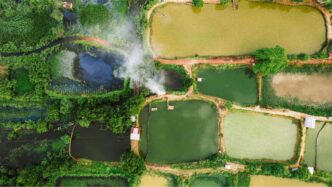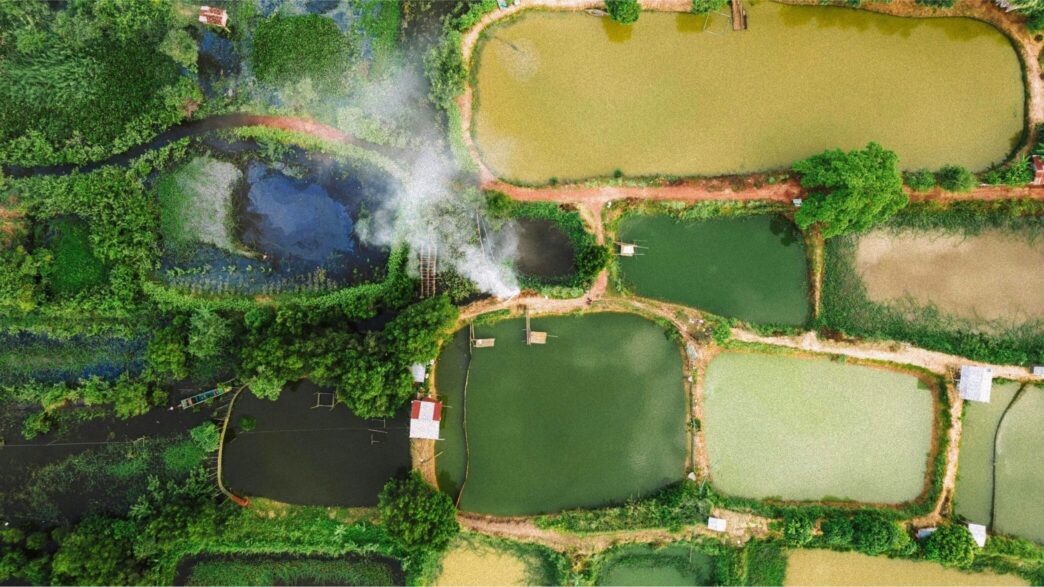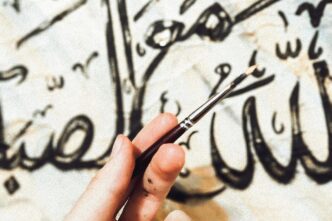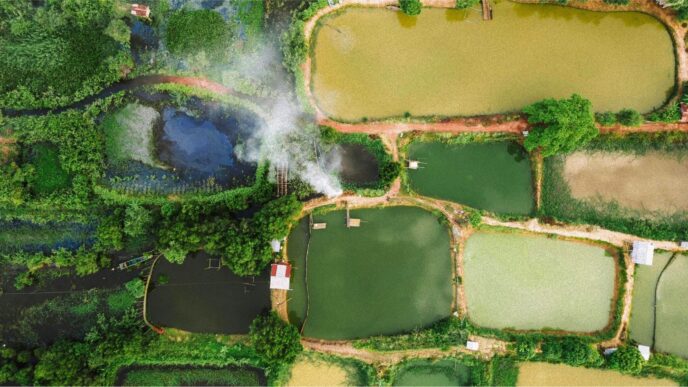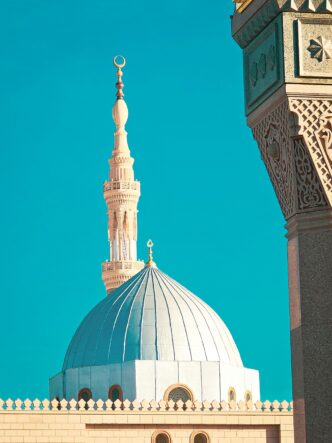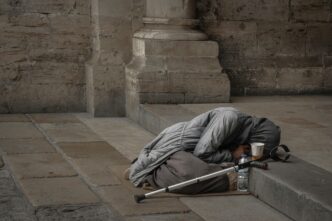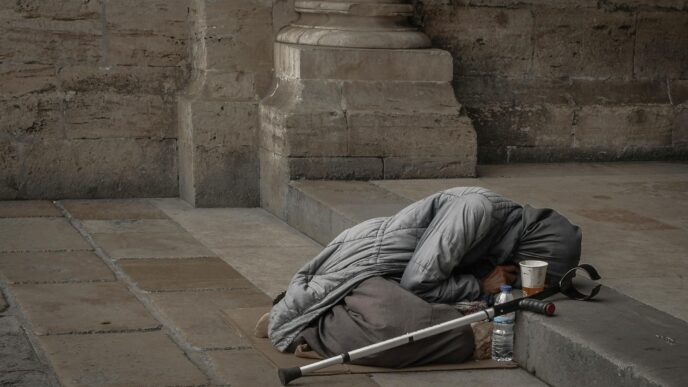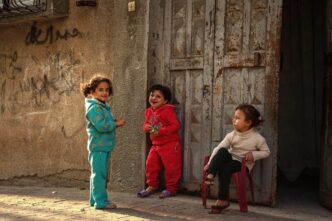The United Nations Sustainable Development Goals (SDGs) represent one of the most ambitious global frameworks for progress 17 interlinked goals aimed at eradicating poverty, achieving gender equality, protecting the planet, and ensuring sustainable economic growth. Yet, as the world moves toward the 2030 deadline, a fundamental question lingers: Are these goals enough?
From an Islamic perspective, the answer is both yes and no. The SDGs echo many of the Quranic principles of Justice (Adl), Social Responsibility (Maslahah), and Environmental Stewardship (Khalifah). Yet, Islamic teachings go further, offering a deeper ethical and spiritual foundation that challenges modern development paradigms. Islam is not merely about treating symptoms of inequality it demands a radical restructuring of power, wealth, and responsibility.
If the SDGs seek to improve lives, Islamic teachings demand a just and accountable system that prevents oppression in the first place. If the SDGs call for climate action, Islam warns against Israf (wastefulness) and Fasad (corruption of the earth) as moral failings. If the SDGs emphasize poverty alleviation, Islam mandates Zakat, Waqf, and ethical economic models that disrupt cycles of exploitation.
This article explores how Islamic principles align with, challenge, and enhance the global development agenda questioning whether modern frameworks fully capture the justice-driven and holistic vision of sustainability in Islam.
Islam’s Vision of Economic Justice: Beyond Alleviation, Toward Structural Change
The SDGs identify poverty eradication as the number one global priority, pledging to “end poverty in all its forms everywhere”. Yet, even as development programs expand, economic inequality continues to widen. The Islamic tradition approaches poverty eradication not simply as a matter of aid or charity, but as an issue of systemic justice.
Zakat, Sadaqah, and Waqf: Faith-Driven Models of Redistribution
Islam mandates Zakat—an obligation, not a choice. It is a divinely ordained economic system where a portion of wealth is redistributed annually to the poor, the oppressed, and those in debt (Quran 9:60). Unlike voluntary donations, Zakat ensures a continuous flow of resources to those in need, creating an economic structure where wealth does not accumulate in the hands of a few (Quran 59:7).
Beyond Zakat, Sadaqah (voluntary charity) and Waqf (endowments) have historically served as permanent social safety nets, funding hospitals, schools, and public infrastructure in Muslim societies. In contrast to Western-led development programs, which often depend on state policies, external funding, or loans from global financial institutions, Islamic wealth redistribution is local, continuous, and spiritually motivated.
Islam and the Ethics of Economic Growth
While the SDGs promote economic growth, Islamic teachings warn against economic exploitation. Modern capitalism, even when dressed in development-friendly rhetoric, has contributed to resource depletion, wealth concentration, and environmental degradation.
Islam’s economic vision is based on Moderation (wasatiyyah) and Justice (Adl), where wealth generation is encouraged but not at the expense of human dignity or environmental destruction. The Quran condemns riba (usury) and exploitative financial systems that trap nations and individuals in cycles of debt and dependency (Quran 2:275-279).
This raises an uncomfortable question: Are SDG-driven development programs inadvertently reinforcing exploitative economic systems rather than challenging them?
Environmental Stewardship: The Limits of “Sustainability” Without Spiritual Accountability
The climate crisis is one of the most urgent global challenges, with the SDGs calling for climate action, sustainable resource management, and biodiversity conservation. Islam, however, does not frame environmental responsibility as an optional goal, it is a divine trust (amanah).
Khalifah: The Responsibility of Humanity Toward Creation
The Quran describes humanity as khalifah (stewards) on Earth (Quran 2:30), entrusted with maintaining balance (mizan) and preventing corruption (fasad). Unlike the modern sustainability discourse, which is often framed in economic terms (carbon credits, sustainable markets, etc.), Islam’s environmental ethic is spiritual and moral.
The Quran warns:
“Corruption has appeared on land and sea because of what people’s hands have done, so that He may let them taste some consequences of their deeds and perhaps they will return to righteousness.” (Quran 30:41)
This moral accountability is largely absent in the SDGs. While the UN’s climate goals call for “sustainable consumption,” Islam’s ethical framework calls for restraint (zuhd), gratitude (shukr), and humility toward nature—a spiritual discipline that sees wastefulness (israf) as sinful and excess as destructive (Quran 7:31).
Islamic Approaches to Conservation: A Model for Global Policy?
- Hima (Protected Areas): Traditional Islamic societies established hima zones, where lands and forests were protected for conservation and communal use.
- Harim (Sanctuaries): Certain lands and water sources were preserved for future generations, ensuring sustainability beyond economic interest.
- Prophetic Warnings Against Over-Consumption: The Prophet Muhammad (peace be upon him) prohibited wasting water even when performing ablution by a flowing river—an early reminder of ethical resource use.
These principles provide a deeper and more holistic alternative to the market-driven sustainability models currently dominating global climate discourse.
Beyond Charity: The Islamic Vision of Justice in Development
One of the SDGs’ biggest limitations is that they largely focus on alleviating symptoms rather than dismantling root causes of global injustice.
Islam does not simply call for charity—it demands justice (adl), equity (qist), and an end to oppression (zulm). Development, in Islamic teachings, is not merely about providing aid to the poor, but about challenging power structures that create poverty in the first place.
- The SDGs call for gender equality—but do they address the structural exploitation of women in sweatshops that fuel global economies?
- The SDGs promote economic growth—but do they challenge the multinational corporations profiting from labor exploitation and environmental destruction?
- The SDGs call for peace and justice—but do they acknowledge how global power imbalances, military interventions, and colonial legacies sustain conflict in the Muslim world?
Islam frames justice as a moral obligation, not a policy target. The Quran commands:
“O you who believe! Stand firmly for justice, as witnesses to Allah, even if it is against yourselves or your parents or relatives.” (Quran 4:135)
This divine imperative calls for bold structural change—not just incremental reform.
Where Do Muslim Nations Stand? Leading or Lagging?
While Islamic teachings align with many SDGs, the role of Muslim-majority countries in achieving sustainable development has been mixed.
- Some Gulf nations invest heavily in sustainability, but contradict this with extractive economies dependent on oil and wasteful consumption.
- Countries like Malaysia and Indonesia have integrated Islamic finance into development projects, yet face challenges in governance and corruption.
- Many OIC nations rank low in SDG performance, hindered by economic inequality, political instability, and external intervention.
A faith-driven, ethical development model rooted in Islamic finance, governance, and civic engagement could offer a transformative alternative—but it requires stronger leadership, policy reforms, and grassroots mobilization.
Toward a More Just and Holistic Vision of Development
The SDGs represent progress, but they are not enough. They operate within a Western-led paradigm of development, often reinforcing the very inequalities they seek to solve.
Islam offers a deeper, more holistic, and spiritually accountable vision—one where development is not just about economic metrics but about justice, dignity, and balance with creation.
If the world is serious about achieving sustainable development, Islamic ethical principles must move from the margins of discourse to the center of policy and practice. Only then can global development truly align with the higher moral and spiritual obligations that transcend politics and economics.
